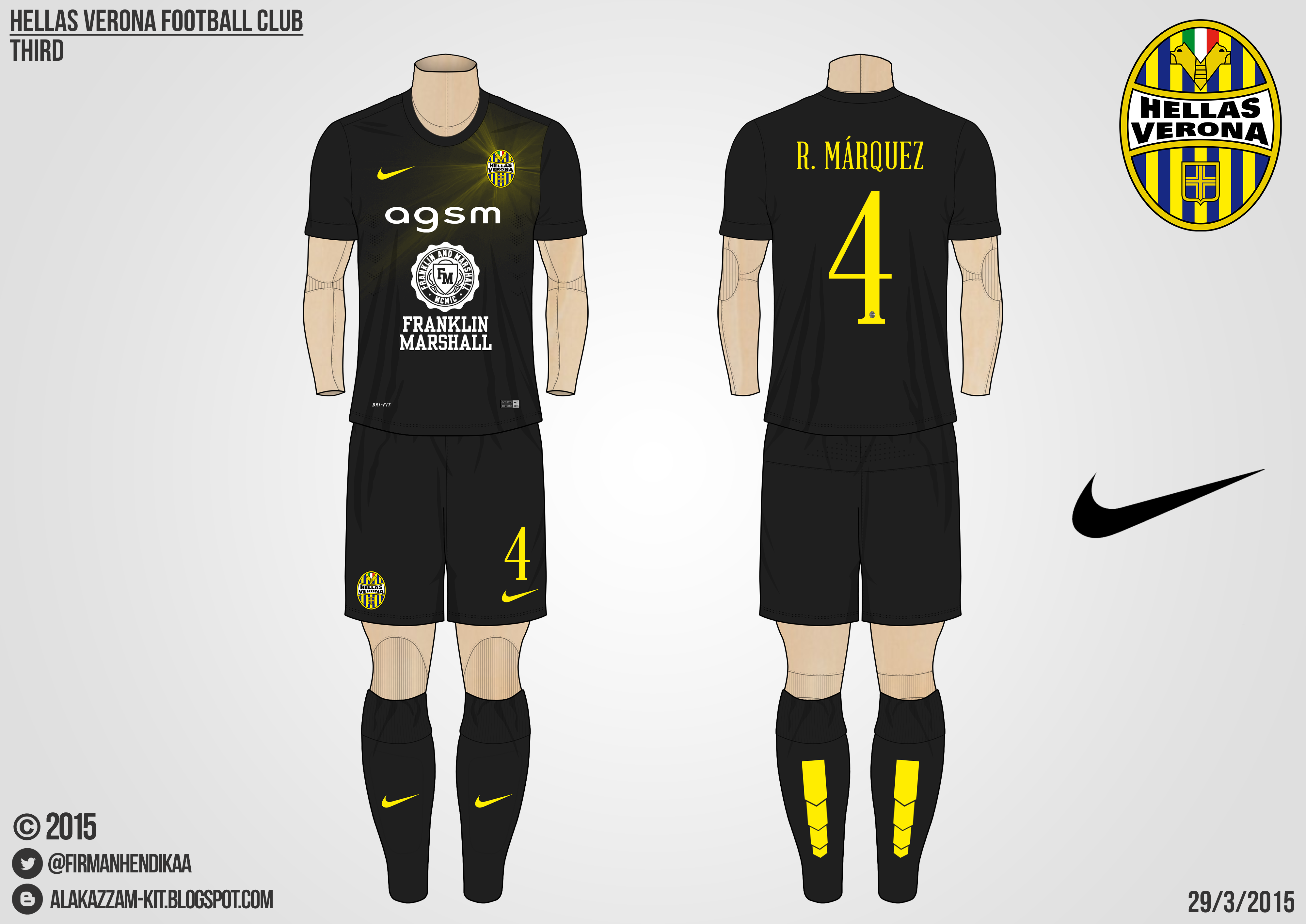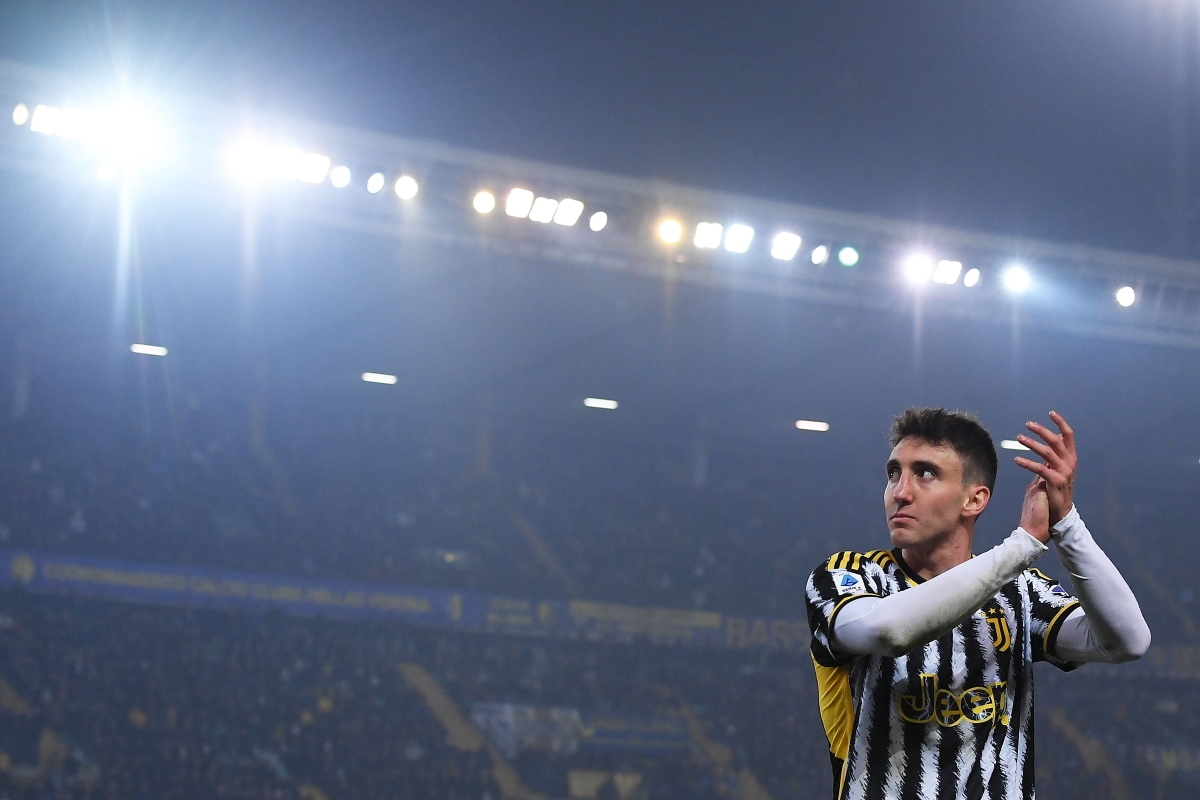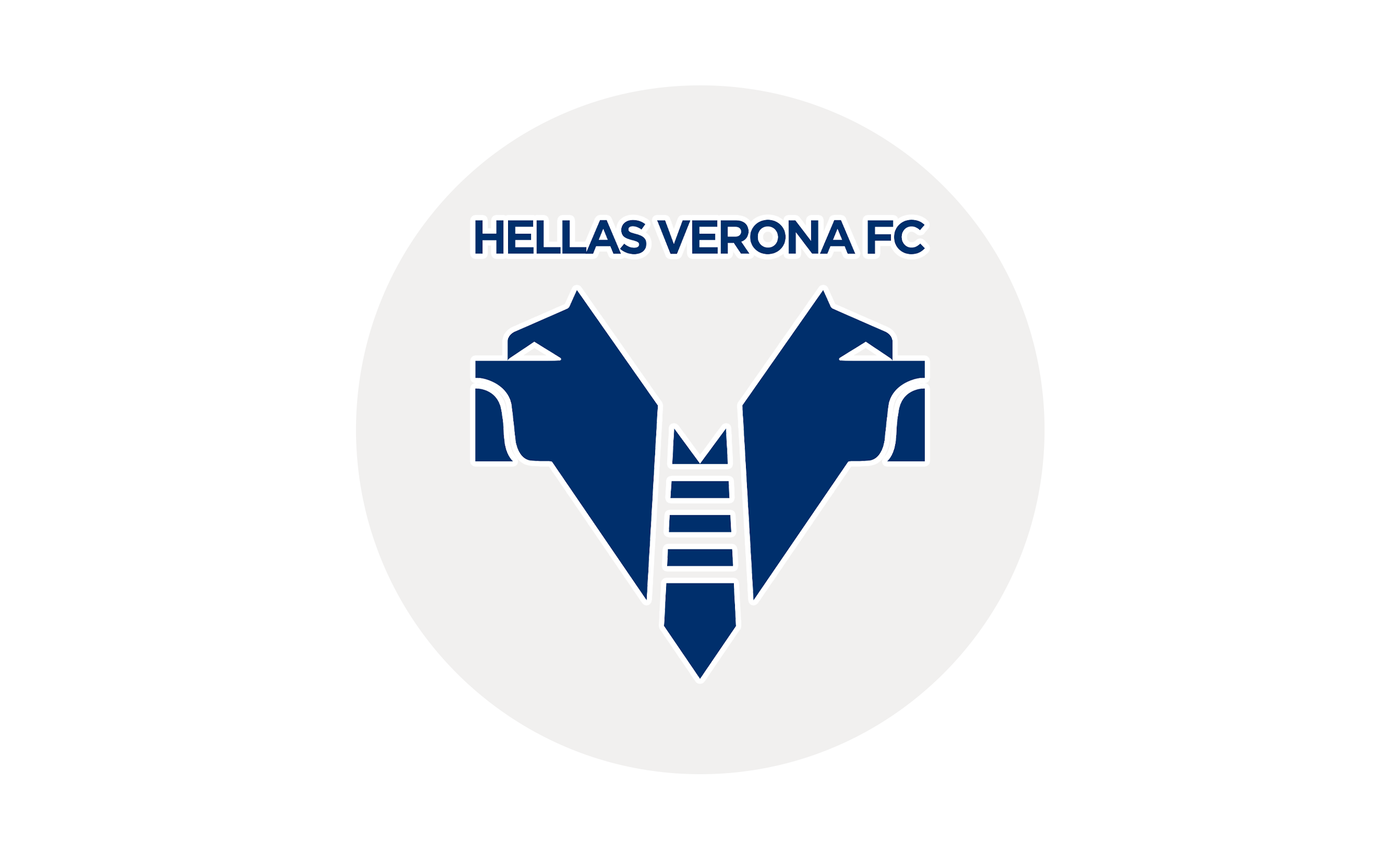Hellas Verona Football Club isn’t just a name on a jersey — it’s a symbol of pride, history, and passion rooted in the heart of Italy. If you’ve ever heard the roar of fans echoing through the Stadio Marc’Antonio Bentegodi or seen the sea of yellow and blue in the stands, you know this club has a soul of its own. Whether you're a long-time supporter or just curious about Italian football, Hellas Verona offers a story worth diving into. Their journey through the leagues, their fierce local rivalries, and the vibrant culture surrounding the team make them more than just a football club — they’re a way of life for many.
Verona, a city known for Shakespeare’s tragic romance, also houses one of Italy’s most historic football clubs. Hellas Verona FC has seen its share of ups and downs, but its spirit remains unshaken. The team’s name itself, “Hellas,” nods to ancient Greece, a nod that reflects the deep cultural roots embedded in the club’s identity. The word “Hellas” is what Greeks call their homeland, and it gives the club a poetic touch, almost like a tribute to the timeless love of the game.
So, whether you're looking to understand the club’s origins, explore its place in modern football, or just curious about the story behind the name, this article will walk you through everything you need to know about Hellas Verona Football Club. Let’s take a look at what makes this team so special, from its history to its present-day role in Italian football.
Table of Contents
- The Origins of Hellas Verona FC
- Hellas Verona’s Identity and Culture
- The Club’s Home: Stadio Marc’Antonio Bentegodi
- Rivalries and Local Battles
- Hellas Verona in Modern Football
- Frequently Asked Questions
The Origins of Hellas Verona FC
Let’s go back to the very beginning — the year was 1903. A group of young football enthusiasts came together to form what would eventually become Hellas Verona. The name “Hellas” was chosen as a tribute to classical culture and the ancient roots of civilization, which resonated deeply with the intellectual and artistic environment of Verona at the time. The word itself comes from the Greek term for Greece, and while it might seem unusual for an Italian team to take on a name with such strong Greek connotations, it’s a reflection of the admiration for ancient heritage during that period.
Over the years, the club went through various changes, mergers, and rebranding efforts. In 1906, it merged with another local club called “Sport Club Verona,” and the team was briefly known as “Hellas Verona Sport Club.” By the mid-20th century, Hellas Verona had established itself as a consistent presence in Italian football, bouncing between Serie A and Serie B. However, the 1980s were a golden era — the club won the Serie A title in 1985, a feat that still sits proudly in their trophy cabinet.
Their rise wasn’t just a flash in the pan. Hellas Verona’s success during that period was built on a solid foundation of teamwork, clever management, and a style of play that was both effective and entertaining. Their 1984–85 championship win is still remembered fondly by fans, as they defied the odds and beat giants like Juventus and Roma. That season, they were led by players like Preben Elkjær Larsen and Pietro Fanna, whose contributions were nothing short of legendary.
Hellas Verona’s Identity and Culture
When you think of Hellas Verona, two colors immediately come to mind — yellow and blue. These are the team’s official colors, and they’re deeply symbolic. Yellow represents the sun that shines over Verona, while blue reflects the beauty of the sky and the rivers that flow through the region. These colors are worn with pride by fans and players alike, and they’re a constant presence in the stadium, on the jerseys, and across the city during matchdays.
Another key part of Hellas Verona’s identity is its connection to the city of Verona. Unlike some clubs that focus solely on football, Hellas Verona embraces its role as a cultural ambassador for the region. The club often engages with the community through events, youth development programs, and initiatives that promote both sport and education. The name “Hellas” might not be native to Italian football, but it’s become a symbol of pride for Veronese fans who see it as a bridge between history and modernity.
And let’s not forget the chants, the banners, and the passionate supporters. The atmosphere at a Hellas Verona home game is electric. Fans gather hours before kick-off, singing classic songs, waving flags, and creating an unforgettable experience. The rivalry with nearby clubs like Chievo adds another layer of excitement, but the true heart of Hellas Verona lies in its ability to bring people together under one banner — or two, to be precise.
The Club’s Home: Stadio Marc’Antonio Bentegodi
Every football club has a home, and for Hellas Verona, it’s the Stadio Marc’Antonio Bentegodi. The stadium, located in the heart of Verona, has been the team’s base since 1963. It was built to host both Hellas Verona and Chievo Verona, and it has a seating capacity of around 39,000. While it might not be the biggest or most modern stadium in Italy, it has a charm of its own — a place where memories are made and history is written with every match.
The Bentegodi has seen its fair share of drama over the years. From thrilling comebacks to heartbreaking defeats, it’s been the stage for countless unforgettable moments. The stadium has undergone several renovations to improve facilities and safety, but it still retains the character that fans love. The stands, especially the Curva Sud, are known for their vocal support, creating a vibrant and intimidating atmosphere for visiting teams.
What makes the Bentegodi special is not just its structure, but the emotions it evokes. For fans, it’s more than a place to watch a game — it’s where generations come together, where family traditions are passed on, and where the spirit of Hellas Verona comes alive every weekend.
Rivalries and Local Battles
No football club is complete without a rivalry, and Hellas Verona has a few that spice up the Italian football calendar. The most famous of these is the “Derby della Scala,” which pits Hellas Verona against Chievo Verona. This local derby is a fiercely contested match, not just because of geography, but also due to the history between the two clubs.
Chievo, a relatively newer club compared to Hellas Verona, rose through the ranks quickly and even reached Serie A in the early 2000s. This led to intense competition between the two Verona-based teams. Matches between them are filled with tension, pride, and a lot of noise from the stands. Fans on both sides take the rivalry seriously, and the atmosphere during derby days is nothing short of electric.
Beyond the local derby, Hellas Verona also shares a rivalry with nearby clubs like Vicenza and Atalanta. These games are always competitive, with both sides giving it their all to earn bragging rights. The passion in these matches is what makes Italian football so special — every game matters, and every goal feels like a moment of history.
Hellas Verona in Modern Football
Fast forward to the present day, and Hellas Verona continues to be a consistent presence in Italian football. The club currently competes in Serie A, Italy’s top-tier league, and has been working hard to establish itself as a team that can challenge the bigger clubs. While they may not have the same financial resources as teams like Juventus or AC Milan, they make up for it with heart, resilience, and a strong sense of identity.
In recent years, Hellas Verona has focused on developing young talent and building a squad that reflects the club’s values. Managers have come and gone, but the foundation remains the same — a commitment to playing attractive football and nurturing homegrown players. The club has also made efforts to modernize its branding, marketing, and fan engagement strategies, which has helped attract a younger, more international audience.
Despite the challenges of competing in a league dominated by financial giants, Hellas Verona continues to hold its own. Their presence in Serie A is a testament to their enduring appeal and the loyalty of their fanbase. Whether they’re pulling off surprise wins or battling hard against tougher opponents, the team always gives it their all — a quality that makes them a fan favorite.
Frequently Asked Questions
Why is the club called Hellas Verona?
The name “Hellas” is derived from the ancient Greek word for Greece, reflecting the classical cultural influences that were popular during the club’s founding in 1903. It’s a nod to the admiration for ancient civilizations and adds a unique touch to the club’s identity.
What are Hellas Verona’s team colors?
Hellas Verona’s official team colors are yellow and blue. Yellow symbolizes the sun, while blue represents the sky and rivers of the Verona region. These colors are prominently featured on the team’s jerseys and in the stadium.
Who are Hellas Verona’s biggest rivals?
Hellas Verona’s biggest rivals are Chievo Verona, with whom they contest the “Derby della Scala.” Matches between the two clubs are highly anticipated and filled with passion from both sets of fans.
Want to learn more about Italian football culture? Learn more about football clubs and their unique stories.



Detail Author:
- Name : Camilla Doyle
- Username : brant.hettinger
- Email : porter39@lueilwitz.org
- Birthdate : 1972-07-16
- Address : 78695 Tyree Terrace O'Connerfurt, TN 15244
- Phone : +14063396199
- Company : Crona-Streich
- Job : Middle School Teacher
- Bio : Ipsum sequi voluptatem quia voluptates autem totam. Facere quia quaerat reiciendis qui voluptate ratione ut rerum. Voluptas blanditiis eum ex sed.
Socials
facebook:
- url : https://facebook.com/marianohickle
- username : marianohickle
- bio : Laborum quasi accusantium consequuntur consectetur. Laborum qui nisi sint.
- followers : 6568
- following : 1919
tiktok:
- url : https://tiktok.com/@mariano_xx
- username : mariano_xx
- bio : Fugiat illo reprehenderit vitae. Quia suscipit minus tempora quod error optio.
- followers : 4380
- following : 562
linkedin:
- url : https://linkedin.com/in/mariano_hickle
- username : mariano_hickle
- bio : Animi quaerat doloremque ea quia et rerum.
- followers : 2887
- following : 2802
instagram:
- url : https://instagram.com/mariano_hickle
- username : mariano_hickle
- bio : Suscipit est dolorem enim quaerat. Explicabo quod sequi illo eos sit eos rerum.
- followers : 3462
- following : 539
twitter:
- url : https://twitter.com/mariano97
- username : mariano97
- bio : Officia maxime deserunt ea. Distinctio a praesentium quam quaerat. Ut et et dolorum explicabo quis inventore. Natus provident iusto maiores libero.
- followers : 6664
- following : 2791

